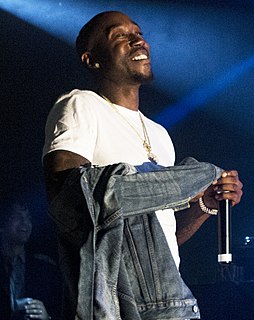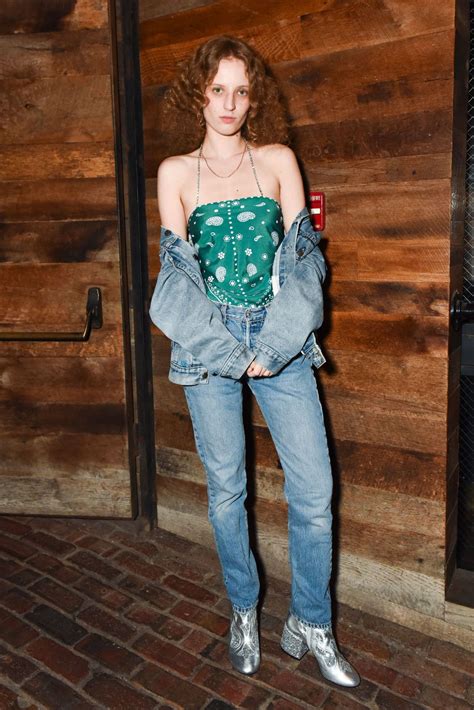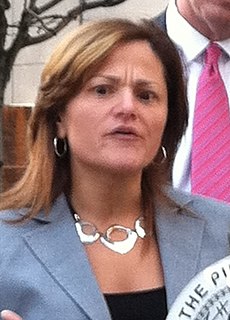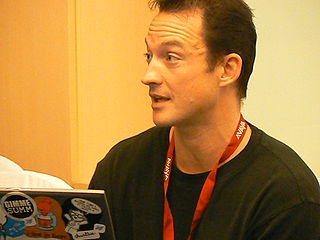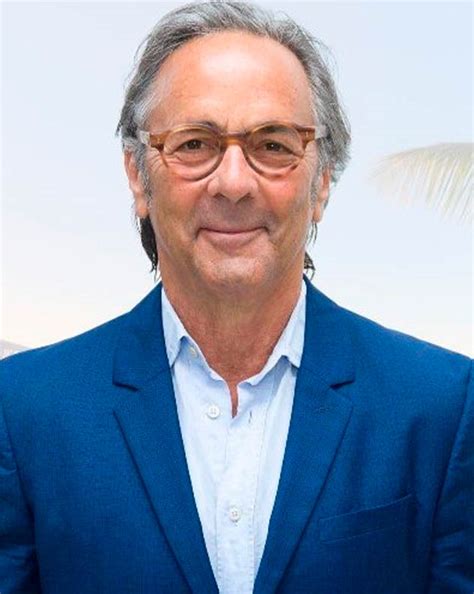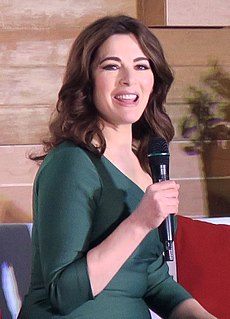A Quote by Kofi Annan
The main point in our report was to recommend decriminalization...because of the way laws are applied, which have not worked. We have applied them for decades and it's got the prisons filled with lots of young people who sometimes come out destroyed for having half an ounce... We should approach it through education and health issues rather than a brutal reaction... There is need for change in policy, but it has to start with debate and discussion... I think the whole approach has to be reviewed.
Quote Topics
Applied
Approach
Because
Brutal
Change
Come
Debate
Decades
Destroyed
Discussion
Education
Filled
Got
Half
Having
Health
Health Issues
Issues
Laws
Lots
Main
Need
Ounce
Our
Out
People
Point
Policy
Prisons
Rather
Reaction
Recommend
Report
Should
Sometimes
Start
Than
Them
Think
Through
Way
Which
Whole
Worked
Young
Young People
Related Quotes
One of the issues I think is very important, in many communities of color, there's a stigma about mental health. We find that the shaming that comes from acknowledging that one may have some issues that may relate to mental health, often people are not willing to go and seek additional help because of that shaming or that cultural stigma that's associated with it. And I think that we need to make this change in how people approach mental health.
We have emphasized the importance of applied action research because it allows evidence-based policy and program development and a focus on learning. We are also committed to using a participatory approach in which local people, local program managers and providers, local researchers, women's health activists, and national decision-makers play the leading role. International "experts" from technical assistance agencies or universities can make important contributions, but they certainly don't have all the answers.
Yoga is a science, and not a vague dreamy drifting or imagining. It is an applied science, a systematized collection of laws applied to bring about a definite end. It takes up the laws of psychology, applicable to the unfolding of the whole consciousness of man on every plane, in every world, and applies those rationally in a particular case. This rational application of the laws of unfolding consciousness acts exactly on the same principles that you see applied around you every day in other departments of science.
We have such a knee-jerk reaction to our young people, not recognizing our young people carry the torch. We condemn them for their hats worn a certain way or their hoodie worn a certain way, or their pants sagging a certain way, but the reality is, we need to meet them where they stand. We need to arm them with what they need to fight, and then we need to get the hell out the way and let them lead. That is something that is not happening in our communities.
We have to change laws. We have to change our approach to policing and incarceration in general. But we can get the population to a point where we can then go to the community-based facility models, where people should be able to await their trial dates, or if you're in jail for a year or less, if you have some sort of time that you have to spend in jail, that you can do it closer to your networks. Your family can visit you. You can talk about other ways of having people complete their time.
One of the things that I realized when I left office was that in the 1990's citizens across the world applied more power than they had ever had, as compared with the government, because of more people living under democracies than dictatorships for the first time, the power of the internet, which the young Chinese used to basically change China's policy on the SARS epidemic, and shut it down, and because of the rise in non-governmental organizations like my foundation.
I think actually any morality system that rewards only the extremes is a flawed system. Players don't approach life that way, they don't approach games that way, and they shouldn't be trained to approach games that way. They shouldn't be in the mode where, "I've got to choose every good option." They should just play the game. And they should get equal consequences or rewards for that, that are different from the extremes.
Our approach has worked for us. Look at the fun we, our managers, and our shareholders are having. More people should copy us. It's not difficult, but it looks difficult because it's unconventional - it isn't the way things are normally done. We have low overhead, don't have quarterly goals and budgets or a standard personnel system, and our investing is much more concentrated than average. It's simple and common sense.
Legalizing pot would benefit society by first off having laws applicable to all, without those in control breaking the laws and making a mockery of our system. We need social justice. This requires laws equally applied to all. In addition, we could educate and rehabilitate the wrong doers. Not incarnate those misfortunate people for doubtful wrongs.
The concussion crisis has changed the face of sports as we know it and it has brought to surface the incredible importance of our brain health. The time is now for us to make our brain the number one priority so that education and awareness can take effect, and begin to change the way we approach the health of our athletes from youth to professionals.



